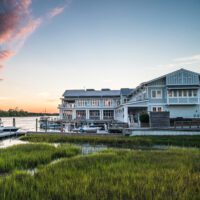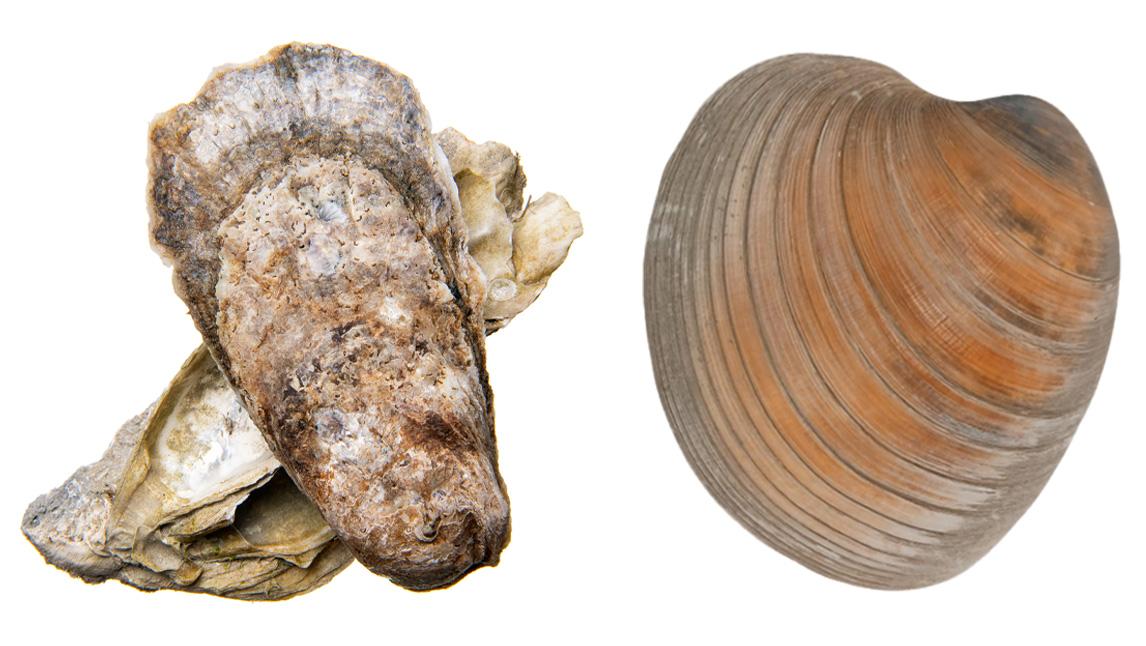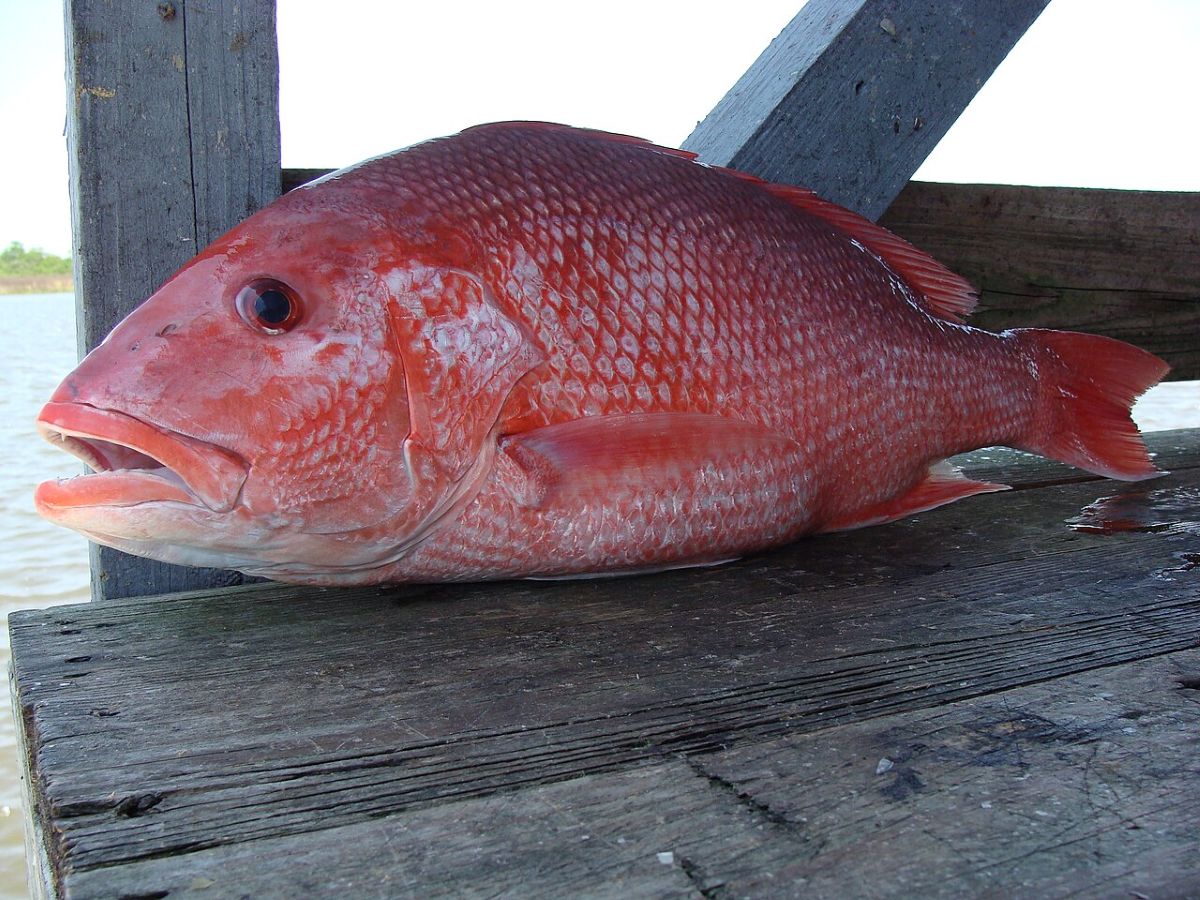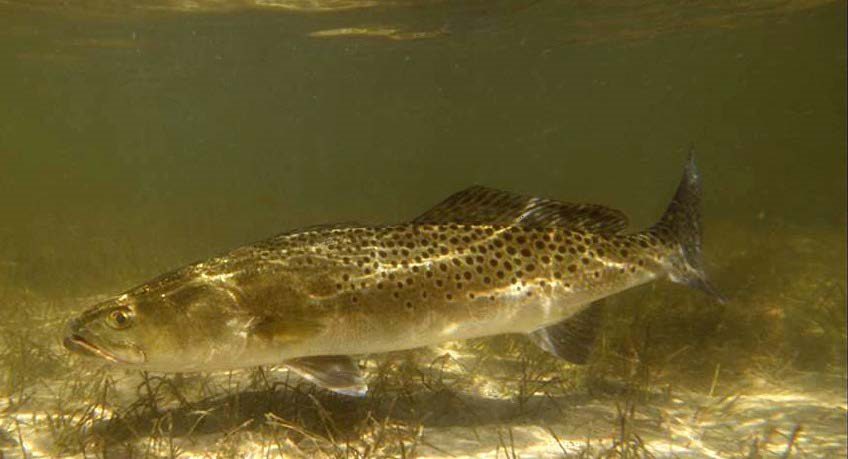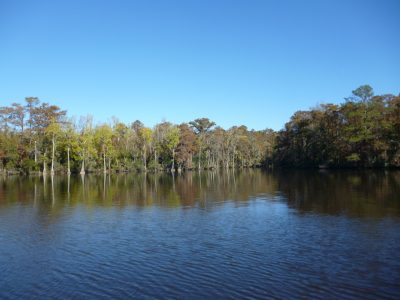
RALEIGH – The North Carolina Coastal Land Trust recently transferred to the North Carolina Division of Parks and Recreation a parcel known as the Salmon Creek property in Bertie County, which includes an archaeological site possibly tied to The Lost Colony.
The state Division of Parks and Recreation will manage the site as the new Salmon Creek State Natural Area, which the trust said should ensure permanent protection of its significant natural, historic, archaeological and cultural resources.
Supporter Spotlight
At nearly 1,000 acres, the property features more than 3 miles of along Salmon Creek, floodplain forests of cypress-gum swamp and bottomland hardwood forest, as well as tidal freshwater marsh recognized as ecologically significant by the North Carolina Natural Heritage Program.
The property, listed for sale in January 2017 as a prime waterfront development by a Raleigh real estate broker, is the subject of archaeological research by the First Colony Foundation. Native Algonkin and English artifacts found at the site indicate settlement by the Roanoke colonists. Some researchers theorize the artifacts could provide evidence that survivors from the Lost Colony relocated to the area in the late 1580s, according to the trust.
The property was transferred to the state using funds awarded by the Clean Water Management Trust Fund, U.S. Fish and Wildlife Service, North Carolina Attorney General’s Environmental Enhancement Grant Fund, state Parks and Recreation Trust Fund, the Enviva Forest Conservation Fund and the U.S. Department of Defense.
“The Salmon Creek property stands out due to its rich cultural history, truly pristine ecosystems and unique archaeological resources,” Susi Hamilton, secretary of the N.C. Department of Natural and Cultural Resources, said in a statement. “We are grateful for the tireless work of the N.C. Coastal Land Trust and all of the partners in funding this project. We look forward to offering this new state natural area in Bertie County, a beautiful part of our state currently underserved by our state parks system.”
The North Carolina Coastal Land Trust said it has conserved more than 72,000 acres of land with scenic, recreational, historic and ecological value in eastern North Carolina. The organization said it works to enrich the state’s coastal communities through conservation, education and promoting land stewardship.
Supporter Spotlight
“We are thrilled to have saved this property to make it available to the people of North Carolina, and we appreciate the public’s outpouring of support for conserving this area,” said Camilla Herlevich, executive director of the N.C. Coastal Land Trust, in a statement.

